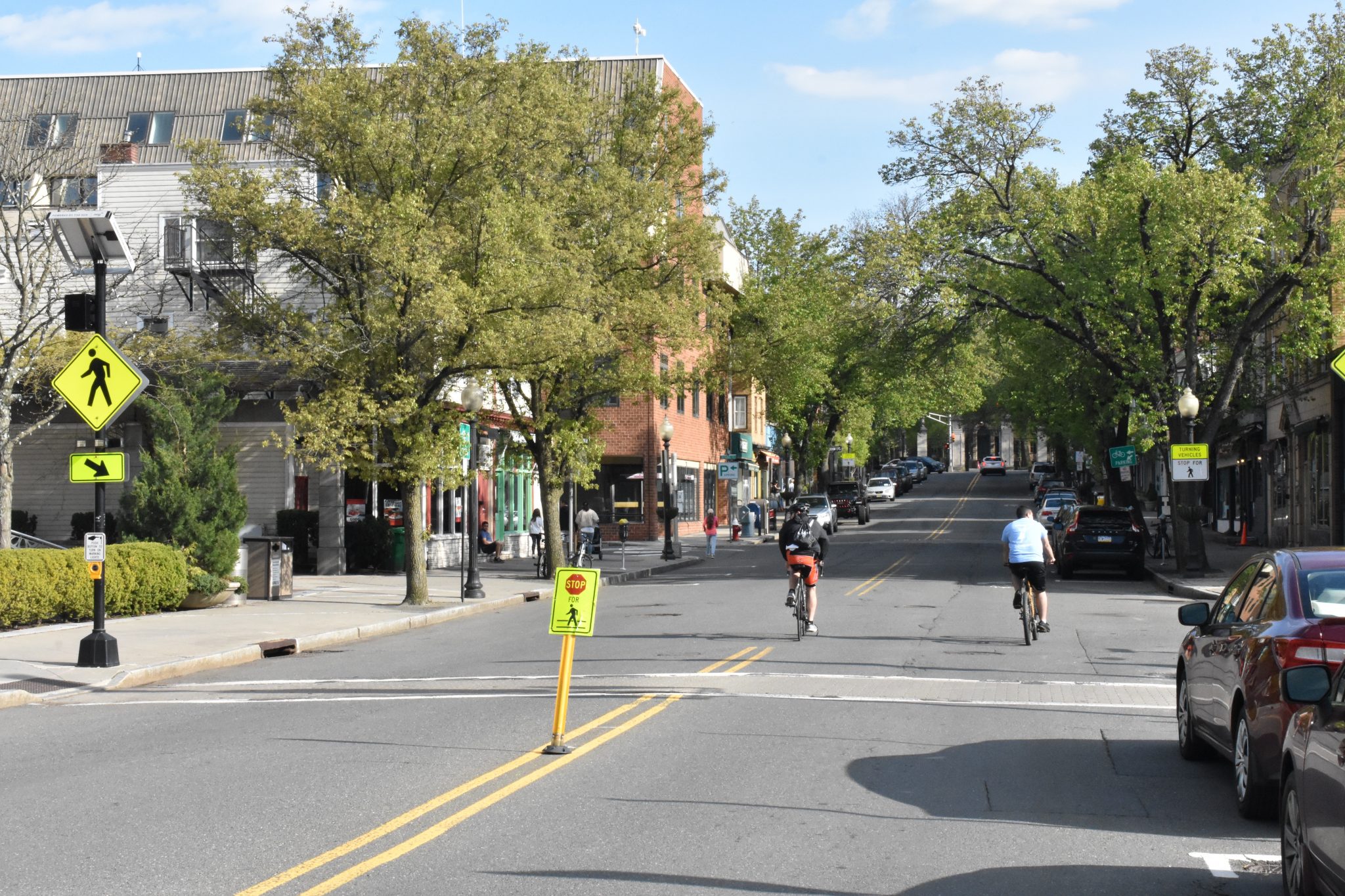As communities across the state work toward furthering discussions on governance and policing, Princeton has already done so with a forum hosted by the Princeton Civil Rights Commission (PCRC).
The dialogue on July 26 between Mayor Liz Lempert, Police Chief Nicholas Sutter, PCRC members and community residents is the first in what will be a series of community conversations organized by the PCRC. The conversations are part of an effort to foster community conversations since Princeton Council members declared racism a public health crisis on June 8.
In the time of coronavirus and Black Lives Matter, this particular conversation covered topics which included public safety, community policing, trust, the concept of defunding the police and civilian community police review boards.
“When I began in policing 25 years ago the police told the public and the community what was good for them. Thankfully what has changed is that we now listen to the community. We have to listen more and continue listening,” Sutter said. “But in Princeton we made an effort to engage the community and listen to the community to try to address the expectations, needs and wants from the community’s perspective.”
He added that he sees more drastic change coming even after policies are either revised or initiatives become enacted regarding policing.
“The most effective change will come from the conversations we are having on a local level. A culture in a police department that accepts and embraces change is one that will be progressive and more successful,” Sutter said.
On the topic of public safety, Lempert spoke to the difference now in the realm of COVID-19 from previous years, due to the fact that people can harm individuals because of the virus without even knowing.
“Part of the conversation that is going nationally now is that it is not just the police who are there to create public safety. It really is community compact. Public safety is mask wearing and relationships we have with each other that make us safe,” she said. “To flourish as a community we have to take some of that back upon ourselves and not just think of the police as an answer to this aspect of public safety.”
When it came to the topic of defunding the police in the forum both Sutter and Lempert explained that they did not feel that would be the right avenue for Princeton’s police department.
“Alternatives we absolutely have to engage in are crisis intervention teams and resources that can be used to assist our community members that police should not be involved in and are not trained to the level as others in our community, especially regarding mental health responders,” Sutter said. “We respond to emergencies mostly.”
Lempert also agreed with looking at areas where the township can use other experts and other professionals in a more effective way to address a particular incident.
“I do think we rely on police too often to handle problems that other agencies should handle. Part of what people are talking about when they discuss defunding the police that I do not think applies to Princeton, which I think is good, we do not have any militarized vehicles. Our police department has not tried to acquire any of those,” she said. “Also, the police department budget has never been sacred. I think we have a head start in that way.”

